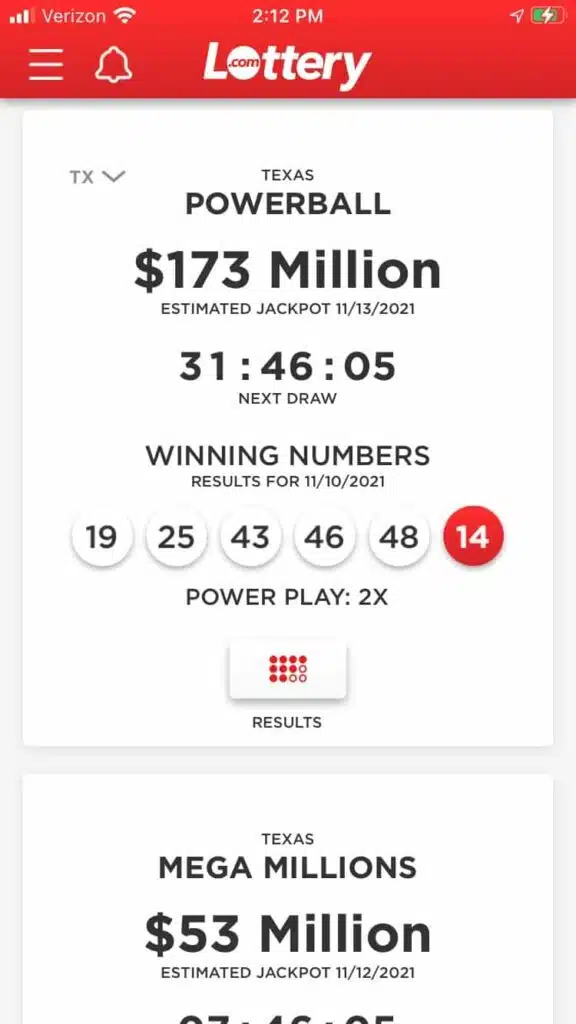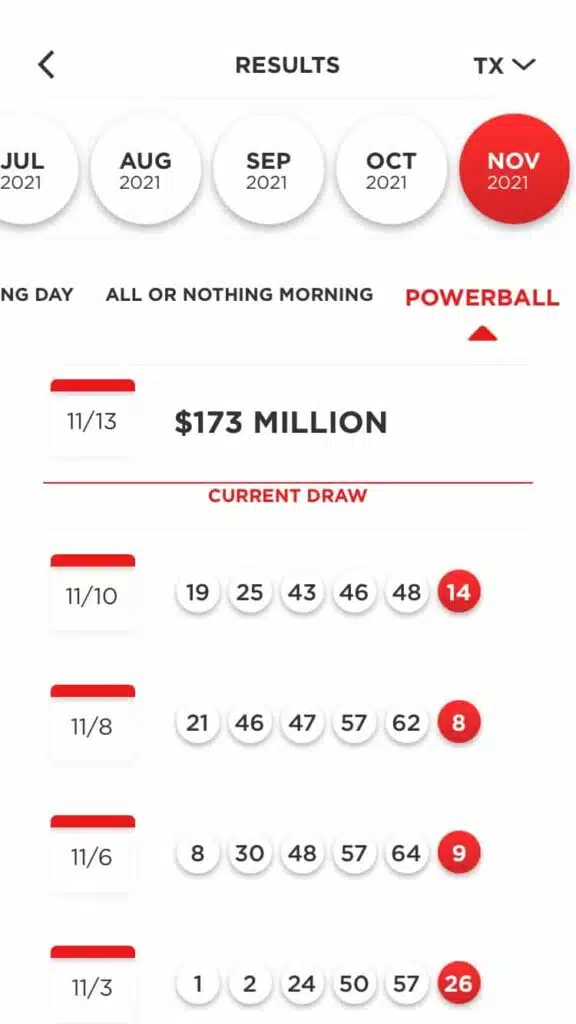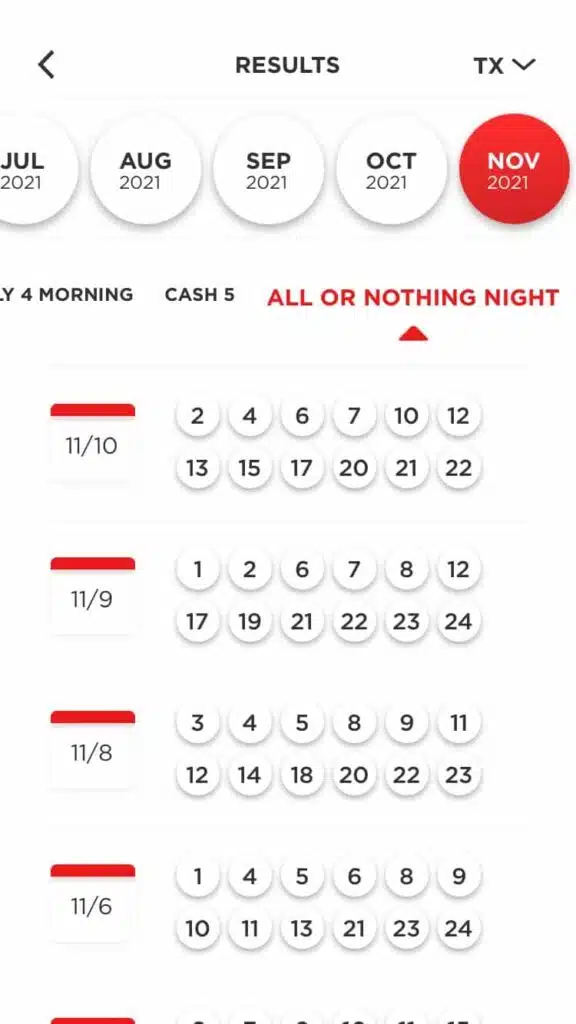Lottery.com Review
Note: Lottery.com has paused all operations, and it’s unclear if the company will resume its operations. The company has a troubled past, and its financial situation appears perilous.
Lottery.com has all new board members and aims to relaunch, but BettingUSA advises readers to consider other US lottery apps in the meantime.
If Lottery.com relaunches, we will reevaluate our position.
Lottery.com (NASDAQ:LTRY) is still a publicly traded penny stock, but it is no longer operational as a courier service, and it’s unclear what future plans, if any, the company has.
States Where Lottery.com Operates
When it was live, Lottery.com operated in the following states:
- California
- Colorado
- District of Columbia
- Georgia
- Illinois
- Michigan
- Minnesota
- New Hampshire
- Ohio
- Oregon
- Pennsylvania
- Texas
- Washington
Lottery.com described itself as “the ultimate lottery ticket management service,” but did the claim hold true? Read on for BettingUSA’s full Lottery.com review for a detailed look at how it worked, where it was legal, and more.
How Lottery.com Works
Lottery.com was comparable to Uber Eats but for lottery tickets instead of food. Users could log in, order tickets, pay a small premium at purchase, and Lottery.com purchased official lottery tickets on their behalf from an authorized retailer.
For example, here’s how a typical Lottery.com transaction worked:
- A customer logged in to the Lottery.com app to buy a Powerball ticket
- The customer visited the Powerball page and picked their numbers or let the system make random selections
- After the customer paid, Lottery.com purchased a real Powerball ticket from an authorized retailer
- Lottery.com scanned an image of the physical ticket and uploaded it to the user’s account
- If the ticket won, Lottery.com informed the winner and arranged payment of the prize
For prizes of $599 or less, Lottery.com instantly transferred the winnings to users’ accounts. From there, users could use the funds to purchase additional tickets or withdraw them electronically.
If a customer won $600 or more, Lottery.com contacted them to help them claim their prize directly from the issuing lottery. Generally, this involved arranging a way to securely deliver the winning ticket to the customer to claim the prize from the state lottery.
Lottery.com Fees and Costs
Lottery.com charged a small fee on transactions but did not keep a portion of customers’ winnings. The Lottery.com app displayed all fees upfront on the checkout page, and users could decide if they wished to proceed.
Lottery.com Games on Offer
Customers in supported states could purchase tickets to Powerball, Mega Millions, and other state lottery draw games. The types of games on offer varied by state, but users could generally expect to find most of their state’s drawing-style games.
Lottery.com did not offer instant win or scratch-card games, however. Users could only purchase draw-style games through the Lottery.com app.
Lottery.com App Review
Players could download the Lottery.com app for iOS or Android devices to register, deposit, buy tickets, set notifications for winners, and view current jackpots. Additionally, desktop and mobile users could visit play.lottery.com to buy tickets online with no download necessary.
The Lottery.com app was simple but well-designed. It automatically detected the user’s location to display local games, current jackpots, and purchase options if available. Overall, it was a useful app even for users who didn’t live in states served by Lottery.com.
Customers could use a state selector to view other states’ games, but users could only buy tickets from the current state in which they were located. Customers did not need to be state residents, but they did have to be physically present in any state to place ticket orders for that state’s lottery.
Lottery.com App Screenshots
Lottery.com Deposit Methods
After registering, customers could fund their Lottery.com accounts with the following deposit methods:
Lottery.com FAQ
Final Thoughts: Was Lottery.com Legit?
Lottery.com seemed like a legitimate lottery courier service. As a publicly-traded company on NASDAQ and headquartered in Austin, Lottery.com was subject to a significantly higher level of scrutiny than competing lottery services.
However, its eventual closure and lack of updates since then point to significant internal problems under the surface.
Randy Ray is a recognized gambling expert, with industry experience dating back to the early 2000’s.



